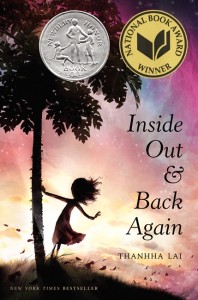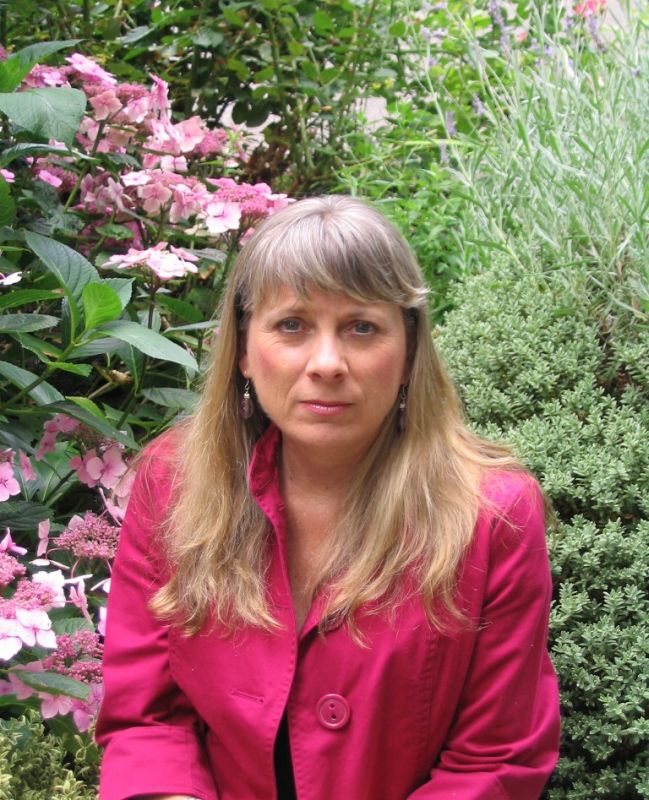“I write to learn rather than to spout off what I already know.”
Ellen Sussman
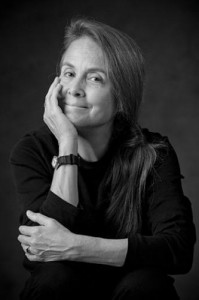 I learn a lot when writing these blog posts–usually when writing anything. This week’s musing on the poem “Kindness” by Naomi Shihab Nye led me to new places. I had to think about why I’d been drawn to the poem so many years ago, and I also learned what led her to write the poem. It had been too long since I read “Kindness” out loud, and then I listened to her reading–which you can find at the end of this post (the 3 min. video where she tells how she came to write this and another poem!)
I learn a lot when writing these blog posts–usually when writing anything. This week’s musing on the poem “Kindness” by Naomi Shihab Nye led me to new places. I had to think about why I’d been drawn to the poem so many years ago, and I also learned what led her to write the poem. It had been too long since I read “Kindness” out loud, and then I listened to her reading–which you can find at the end of this post (the 3 min. video where she tells how she came to write this and another poem!)
When Ludger and I got married, it wasn’t fancy, and it wasn’t long-thought-out either. Invitations were sent a few weeks before the late-December date because his parents and brother would be visiting from Europe. My father canceled his plans to take his family to Arizona, and they drove down, the almost-two-hours, to be with us on our marriage day. My sister threw me a wonderful shower sometimes that December , and we found a dress, special earrings–and spent the night at a bed-n-breakfast sort of place the night before.
The most fun I had preparing for the ceremony and reception involves the poem “Kindness”: It was one of the poems I chose to include in a collection we put together. Ludger translated some of the poetry into German so his parents could read, and we hung the poems around the room. After our wedding day, we bound them between purple cover pages, for keepsake. More than photos to remember the union-day, I have the poetry to remind me of our vows.
“Kindness” by Naomi Shihab Nye was read aloud–by my friend, Najeea. It had been an important poem. I discovered it when a teaching colleague lent me the collection Words Under the Words (isn’t that a super title!?!) Those were the years just after I’d lost my mother. This was a poem I read and reread, and it gave me comfort. Then, when I moved to a small town where I felt alone and out of place, I read it as meditation and often to students those years when I would begin every class meeting with the reading of a poem. Continue reading ““Kindness”–A Poem For All Times, by Naomi Shihab Nye”
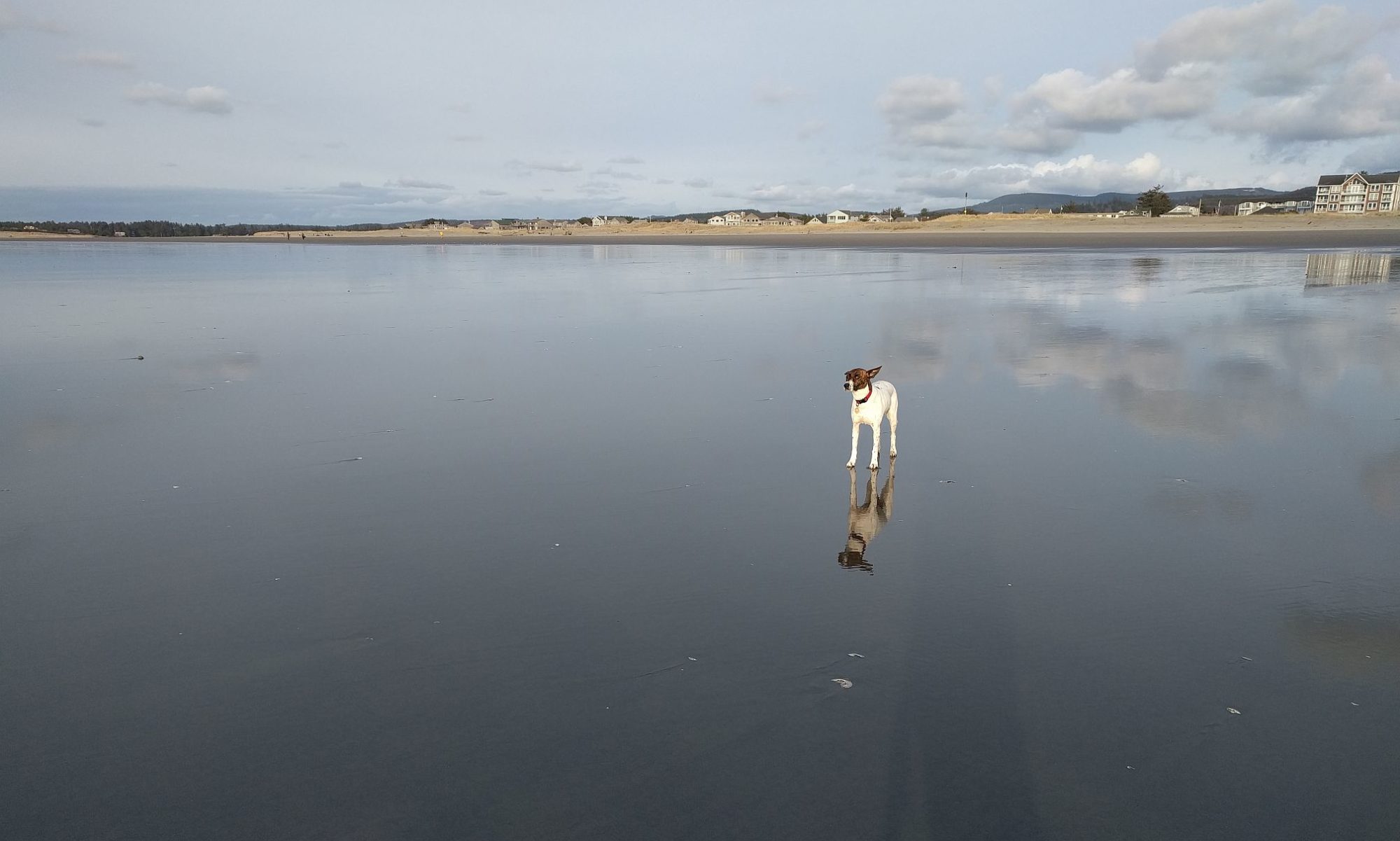

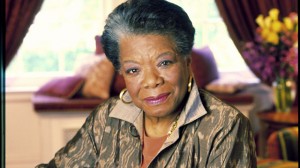
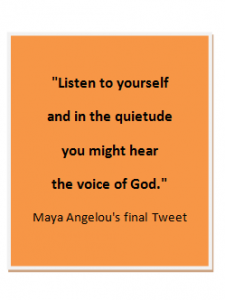 civilian can receive and a “thank you for inspiring people of the world to be more compassionate, loving, and to act from their best selves,” according to a
civilian can receive and a “thank you for inspiring people of the world to be more compassionate, loving, and to act from their best selves,” according to a 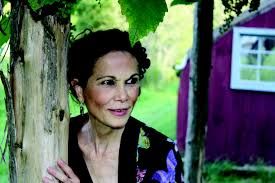 Julia Alvarez spoke at the Arlene Schnitzer Concert Hall in downtown Portland, the final event of the 2014 Arts & Lecture series–and I left inspired.
Julia Alvarez spoke at the Arlene Schnitzer Concert Hall in downtown Portland, the final event of the 2014 Arts & Lecture series–and I left inspired.